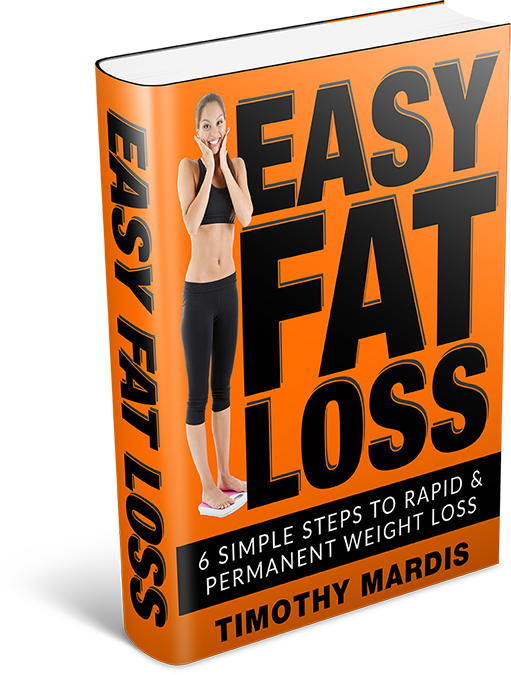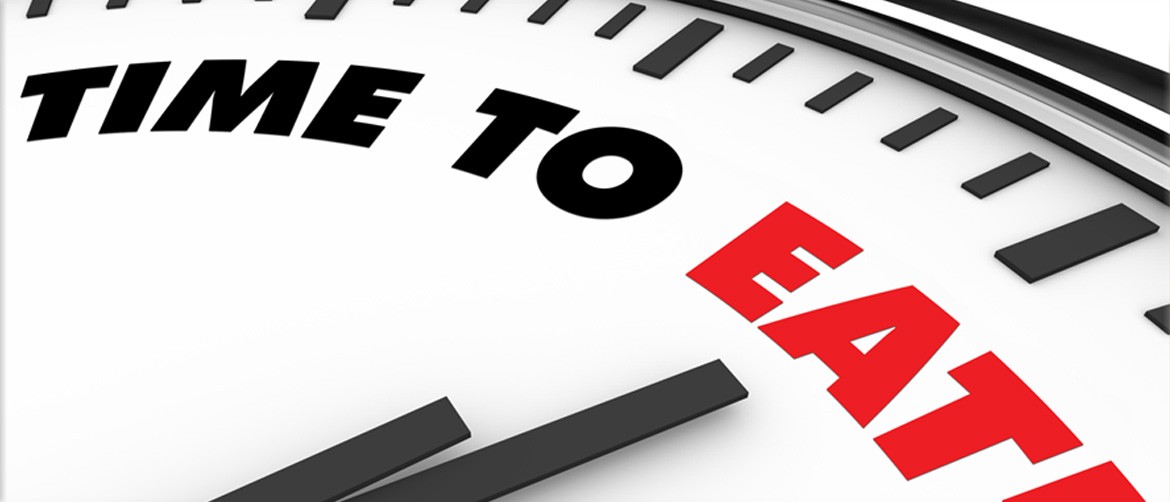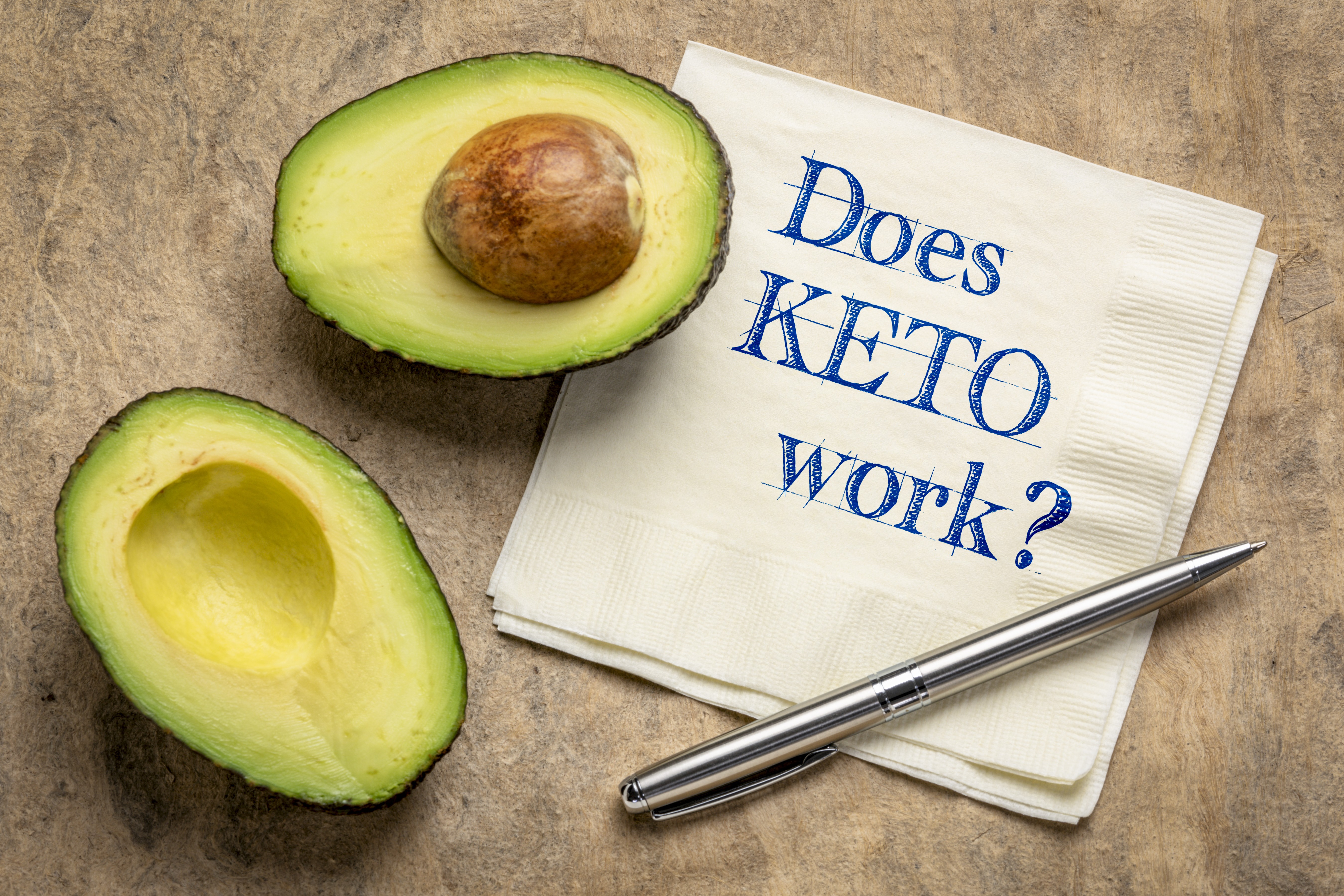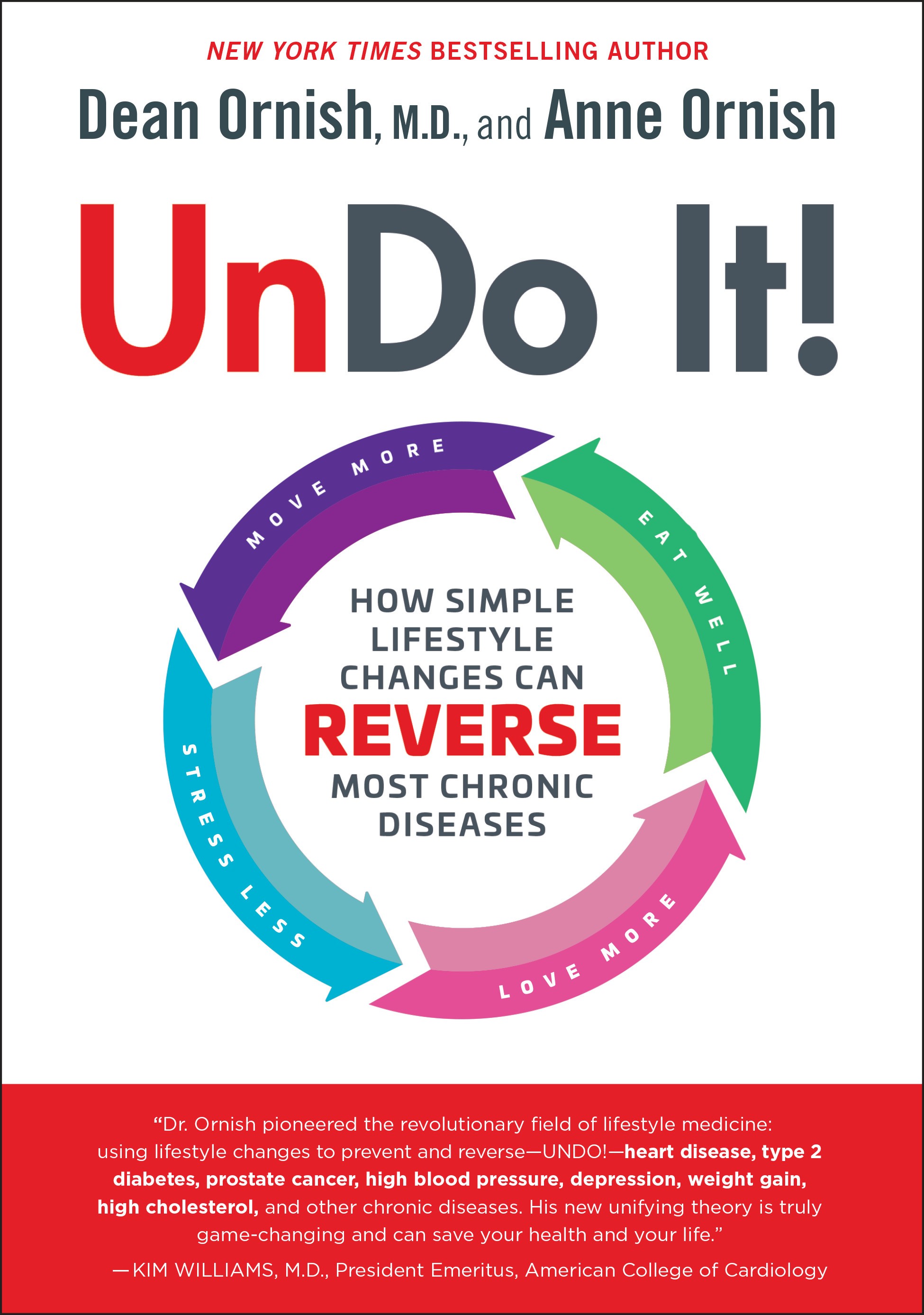Does Meal Timing Matter?
By: XUBI STAFF
Does it Make a Difference When You Eat?
As we all know, what you eat has a huge impact on your body, but have you ever thought about when you eat? Meal timing is simply eating a specific amount of food at a specific time of day in order to promote health and fully gain the nutritional benefits of the meal.
What Are The Main Goals Of Meal Timing?
● Improve overall health
● Weight loss
● Better athletic performance
● Enhanced workout recovery time
● Enhanced energy levels
Some studies say to eat every two to three hours; some say to fast during the day, while some say to stick to three meals only. Part of losing weight and getting healthy is finding what's right for you. You may want to try all different approaches until you are satisfied, or maybe you will get it on the first try. Remember what may work for someone else may not work for you, and that's nothing to get discouraged over. There is a meal timing plan out there for everyone.
Is Breakfast Really The Most Important Meal Of The Day?
I'm sure we have all heard the age-old saying that breakfast is the most important meal of the day but, is this actually true? This controversial topic has had fitness experts and nutritionists at odds. For those who are for eating in the morning say that the best time to eat breakfast is within two hours of waking up. The benefits of eating a hearty breakfast include increased energy levels, improved brain function, chances of lowering “bad” cholesterol and to kickstart your metabolism to help you burn calories throughout the day.
When it comes to meal timing, many believe that breakfast should be your biggest meal of the day because you have the rest of your day to burn it off. One study also found that those who ate a balanced breakfast were less likely to impulsively snack on foods that are high in fat and sugar throughout the day. The “big breakfast approach” works for many, including those who enjoy morning workouts and need to refuel after. Again maybe your body reacts better skipping breakfast altogether or, perhaps you need those extra carbs in the morning to get going.
Now, as much as we all would love to wake up to a sugary bowl of cereal, a stack of waffles with syrup, or maybe a large breakfast sandwich with bacon, cheese, and eggs, what you eat for breakfast has the most impact of all. The good news is, a lot of classic, delicious breakfast foods are not only filling and satisfying but also high in essential nutrients such as iron, B vitamins, calcium, and fiber.
Try these foods for your next healthy breakfast
● Eggs
● Fruit
● Oatmeal
● Smoothies
● Avocado toast
● Whole wheat bagel and lox
● Acai bowl
● Whole wheat pancakes
● Breakfast wrap
Intermittent Fasting: What Is It, And What Is It Used For?
Why restrict calories and “starve” yourself on purpose? Well, many research studies have shown it can have a huge effect on metabolic health, and of course aid in weight loss.
Intermittent fasting is consciously cycling between periods of eating and fasting, meaning you skip meals on purpose. There are three regularly used plans when it comes to intermittent fasting — the 16/8 program, Eat-Stop-Eat, and the 5:2 diet. The most common method is the 16/8 protocol. According to this plan, you are essentially fasting for 16 hours of the day, leaving you with 8 hours to get in all the calories, carbs, fats, and nutrients to keep your body going. On this method, many only eat from noon to 6 pm which means they eliminate breakfast and late night snacking. Another conventional method is called Eat-Stop-Eat. Those on this more extreme meal timing diet plan actually fast for 24 hours once or twice per week. They are usually stopping to eat at 8 pm one night and only eating again at 8 pm the next day. Finally the 5:2 diet means that during two days of the week, limit your calorie intake to only 500 to 600. Drinking non-caloric drinks such as water, coffee, and eat are permitted at any time throughout the day on all three of the diet plans.
While it does have research to back it up and some have seen a huge improvement to their overall health and weight, this may not be suitable for all. Those who suffer from food sensitivities, gut issues, anxiety, or trouble sleeping should probably steer clear. Also, always remember to consult with your doctor before embarking on an “extreme” diet plan.
Can You Eat Before Bed?
With so many misconceptions and opinions about eating before bed, it's no doubt the hot topic in the diet world has been in debate for years. If you are on the intermittent fasting regime, then a bedtime snack isn't for you. Opinions on snaking at night are usually split down the middle with those who are entirely against having a snack before bed and those who are entirely for it. The good news for those hungry night owls out there is that more nutritionists lean toward the latter and are on board with having a late-night snack. Think about this, you are essentially fasting for the next 8 hours while you sleep, and your body doesn’t stop burning calories. Also for many, it’s hard to fall asleep with the feeling of hunger rumbling in your stomach.
The focal point here is what you eat and how much you eat. A healthy carb paired with a protein is your best bet to stay on your diet plan. Remember, a snack is not a meal, don’t overdo these late night snacks. Your body is still working on burning calories but it’s going at a slower rate. Try to stay away from foods high in sugar and fat at night right before bed. If you have trouble sleeping there are many healthy options that have actually been shown to help aid in sleep.
What To Eat Before Bed
● Cottage cheese
● Yogurt with nuts or seeds
● Almonds
● Peanut butter on whole-wheat bread
● Turkey
● High fiber cereal
● Bananas
● Kiwi
● Fish (tuna or smoked salmon)
● Walnuts
On the contrary, some say eating before bed can lead to unhealthy habits. In this case, usually, people are overeating before they go to bed, and the reason for this could simply be they did not eat enough throughout the day. An important to remember is to always listen to your body, honestly, if you're hungry before bed, eat. Always take into consideration how much and what you are eating.
In Conclusion
While some have seen major weight loss adding in a big breakfast to their diet plan, some have had greater results skipping breakfast altogether. While some achieved their goals with the fasting plan. No matter which meal timing plan you choose, most agree that eating at the same time every day will greatly aid in your weight loss journey. Also, the quality of the food you eat is just as important as the time you eat it. Losing weight and getting healthy is a journey, it's personal, it can be difficult, but in the end, it’s so worth it. Our bodies are all so unique and finding the diet plan that works best for you could come easily or it could take some time. Don’t be afraid to try different plans, or reach out if you need help and advice. You have one body, take care of it!
Sources
Dhurandhar, E. J., Dawson, J., Alcorn, A., Larsen, L. H., Thomas, E. A., Cardel, M., … Allison, D. B. (2014, June 4). The effectiveness of breakfast recommendations on weight loss: a randomized controlled trial. The American Journal of Clinical Nutrition
Varady, K. D., Bhutani, S., Church E. C., & Klempel, M. C. (2009, November). Short-term modified alternate-day fating: a novel dietary strategy for weight loss and cardioprotection in obese adults. The American Journal of Clinical Nutrition, 90(5), 1138-1143
Schusdiarra, V., Hausmann, M., Wittke, C., Mittermeier, J., Kellner, M., Naumann, A, … Erdmann, J. (2011, January 17). Impact of breakfast on daily energy intake – an analysis of absolute versus relative breakfast calories. Nutrition Journal, 10(5)
DON’T FORGET TO GRAB YOUR FREE BOOK BEFORE YOU GO!
EASY FAT LOSS
Six Simple Steps to Rapid & Permanent Weight Loss

Learn the steps that transformed an out-of-shape, 49-year old heart attack sufferer into a Body-for-LIFE National Transformation Champion
IN ONLY 12-WEEKS!
CAUTION
The following articles, blog, recipes and videos may recommend nutritional, health, and/or fitness information, and it should be noted that the information is designed for educational purposes only, and not as medical advice. This information is not intended as a substitute for, nor does it replace, professional advice, diagnosis, or treatment from a qualified health care professional. If you have any concerns or questions about your health, you should always consult with a physician or other health-care professional immediately.







